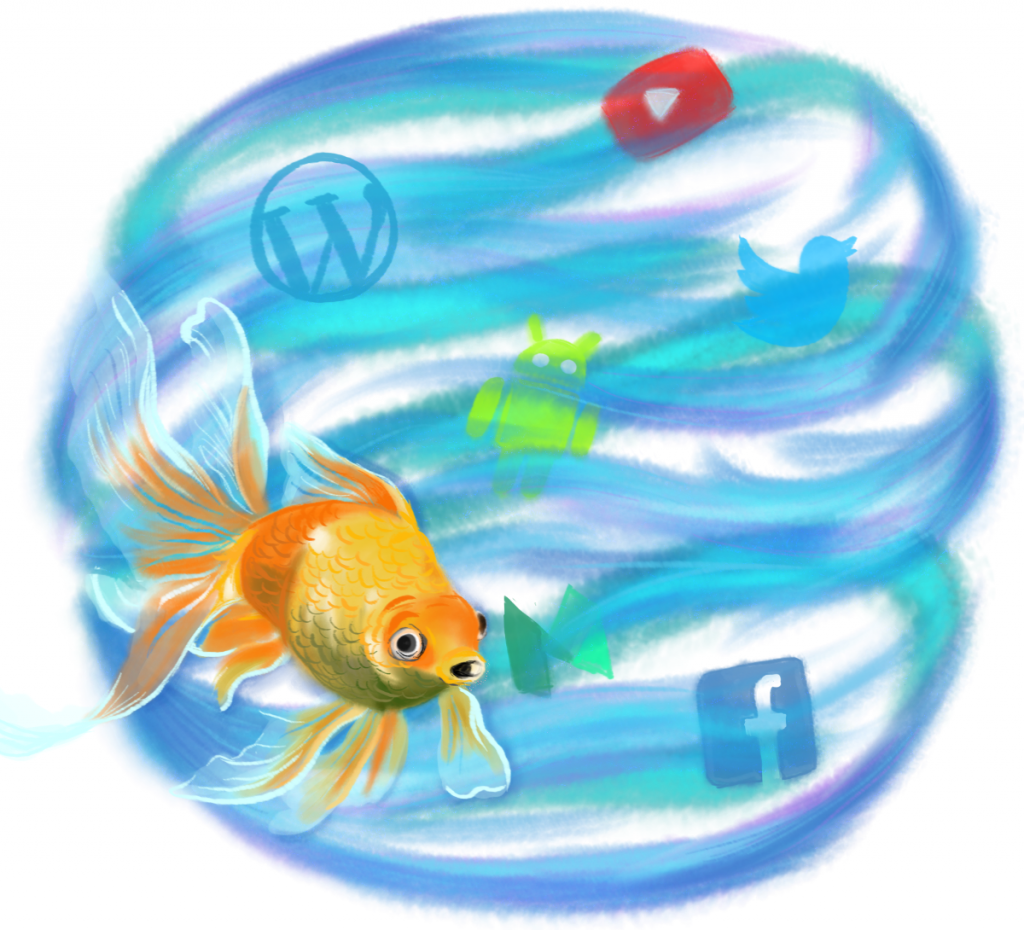
Recently I was involved in a brief discussion about Medium vs WordPress on a list devoted to publishing. One of the members brought forward the point that startups, like Medium, change focus and purpose while searching out a sustainable model. It’s the famous ability to ‘pivot,’ which means that a Tech Company will become whatever it needs to be and will, in time and as pressure increases to show a return, follow the money. That trail might lead in very unexpected directions – Facebook, famously, started as ‘facemash’ a rather appalling site to place 2 pictures next to each other and users could rate which person was ‘hotter’. Twitter started as a podcasting service. Youtube was a video dating site. Android started out as an Operating System for cameras. So, pivots happen often and can take the service in directions the users might not be able to guess at the time.
Which leaves the question about platforms in general, and in this case Medium in particular – what will their future (not present) services be? Further, what would this mean for your content? It is an open question. I’m not going to argue Medium will pivot, but I’m also not going to say it won’t. I just want to make the point that it is not uncommon for startups, driven by the bottom line, to pivot and (since you as a user have no say in this), go in a direction away from your needs. Then where will you be?
The other issue that came up regarding Medium vs WordPress was the popularity of content platforms. It is a common argument that you need to ‘go where the people are’ – house your content where you can generate the most hits. Firstly, hits are not everything – having run independent radio stations I know that points mean nothing and connecting to the people you want to is everything. In other words, it’s not how many people you are connecting with but who they are that counts. Secondly, what happens when the popularity of the content warehouse (in this case Medium) declines? Where are you then? LiveJournal was once very popular and seemed invincible. Where is it now? Know anyone still using it? When (not if) this happens to Medium, what will you do? Migrate all your content to the next cool thing? I would argue it is far better to own your own domain, the moldy ole ‘homepage’, and build your brand there. It is a longer game, that is for sure, but better for your future.
In general, these points made me think of the (apparently untrue) popular belief that goldfish have memories of 3 seconds. They can swim around forever and happily in a small bowl because every lap is completely new ground. Is that us? Are we really incapable of learning anything from what we have seen over 2-3 decades of living on the web? I think we should stop acting like goldfish swimming around the web and learn something from what we have experienced. Startups pivot, out of control of the users and in directions that may be antithetical to your needs. Further, popularity is a bang and, eventually, bust, game. If you house your content ‘where the people are,’ it is a bad metric and one that will decline when ‘the people are,’ inevitably, somewhere else.
Let’s get out of this game. Host our own sites. Build our brands on our own sites, and be in control of how we are on the net. Don’t be a goldfish.
The cool opening pic by Pepper Curry.
Previous posts on this exploratory thread:
https://www.adamhyde.net/media-want-free/
https://www.adamhyde.net/webgetarianism-part-2/
https://www.adamhyde.net/julia-hildebrand-on-my-quest-to-break-out/